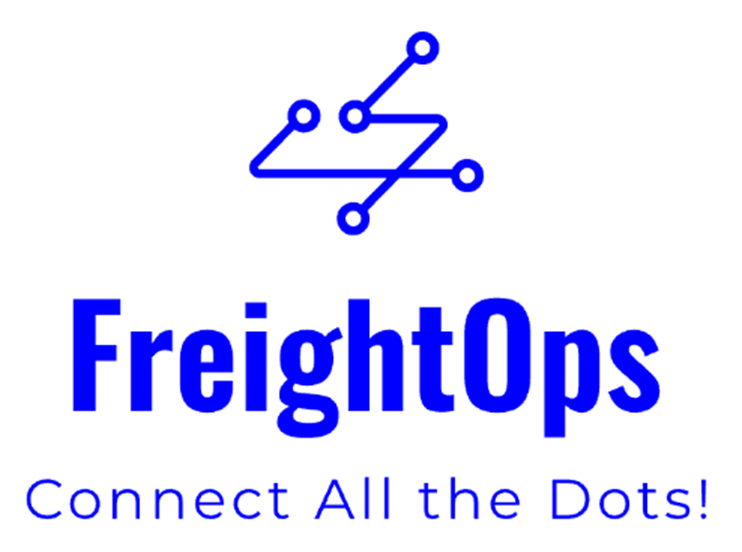Use Case: Optimizing LTL/Final Mile Transportation with Freight Ops
Industry Overview
Less-than-truckload (LTL) transportation plays a crucial role in modern logistics, allowing multiple shipments to be consolidated onto a single truck to optimize space and costs. However, efficient planning and execution are critical for success. Inbound freight must be carefully unloaded and stored in a location or cross-docked to another trailer. Outbound freight needs to be picked and loaded by stop and on the correct trailer. The process must be planned and executed to minimize handling time and ensure on-time deliveries.
Freight Ops provides a comprehensive dock management solution that streamlines load planning, execution, and real-time tracking for LTL carriers, air freight providers, and distribution centers. Your load plans will be executed properly, errors will be eliminated, and you will have complete chain-of-custody control of every piece of freight. In short, Freight Ops ensures that freight moves efficiently through your supply chain.
Key Challenges in LTL/Final Mile Transportation
Inefficient dock operations, leading to delays and misplaced freight.
Lack of visibility into shipment status across multiple facilities.
Manual processes causing errors in unloading, cross-docking, and reloading.
Inconsistent load planning, resulting in inefficient space utilization.
Poor integration between dock operations and internal logistics systems.
How Freight Ops Optimizes LTL/Final Transportation
Plan & Execute Load Operations with Precision
Freight Ops enables LTL/Final Mile carriers to plan and execute load operations effectively:
- Automated load planning ensures freight is handled as intended.
- Paperless dock management reduces manual errors and increases efficiency.
- Accuracy from the beginning - Inbound loads are received and barcoded with a serialized barcode when the freight is unloaded at the dock
- Accuracy - All product arriving at the facility is verified with the quantities that were shipped. This process catches exceptions at the beginning of the process.
Execute Your Unload Plan with Paperless Dock Management
- Cross-dock or swing freight to a predetermined door or trailer.
- Nose-load products onto the inbound trailer
- Directed put-away routes each order to its designated storage area in the facility
Enforce Order Sequence & Load Accuracy
- Directed pick lists to ensure proper item retrieval.
- Enforced order sequence for load to ride and direct delivery on stop loads
- Fluid loading processes allows consolidation or terminal to terminal loads to be maximized for maximum utilization of the available cubic capacity.
Real-Time Global Visibility Across Facilities
- Real-time status updates on orders across all facilities.
- Global visibility into inventory, dock operations, and outbound shipments.
- API integration to feed status updates into internal/external logistics systems.
Key Benefits for LTL/Final Mile Carriers & Freight Operators
- Increased Efficiency: Paperless dock operations streamline workflows and reduce errors.
- Optimized Load Planning: Directed pick and load sequencing ensure accurate and efficient trailer utilization.
- Enhanced Shipment Visibility: Real-time tracking enables better coordination and customer communication.
- Stronger Data Integration: Freight Ops API allows seamless integration with internal TMS and WMS systems.
